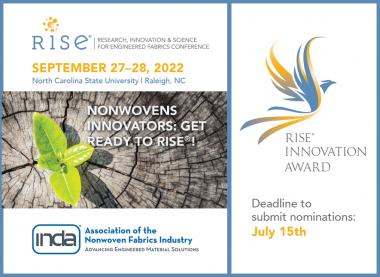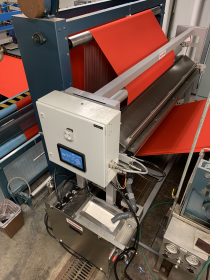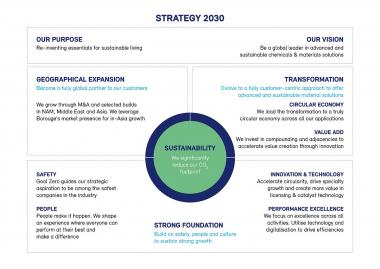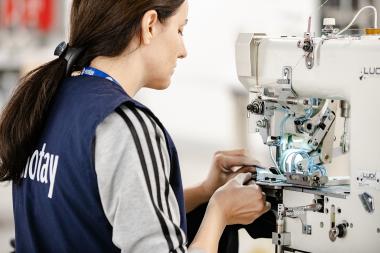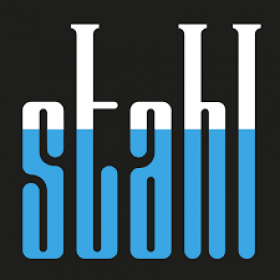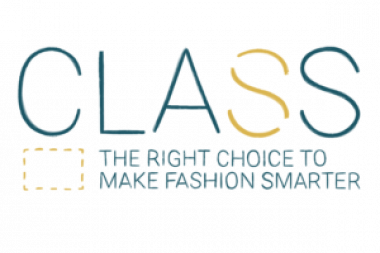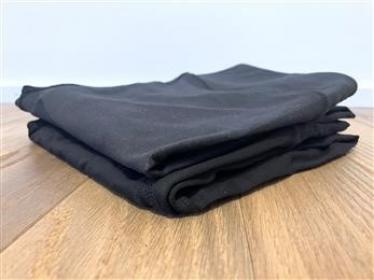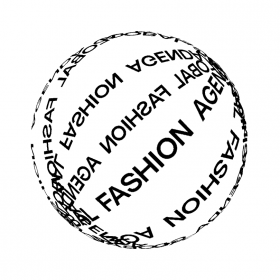Nominations Open for RISE® Innovation Award
INDA, the Association of the Nonwoven Fabrics Industry, has announced the nomination process is now open for the annual RISE® Innovation Award. The prestigious award will be presented at the RISE® (Research, Innovation & Science for Engineered Fabrics) Conference – September 27-28, 2022, at North Carolina State University, Raleigh, NC. RISE® 2022 is a two-day conference presenting insightful research and science that propels product development.
Companies, academic institutions, research centers, and individuals are invited to nominate their advances in nonwovens and engineered materials at https://www.riseconf.net/award-submission.html until the July 15, 2022 deadline.
The RISE® Innovation Award recognizes innovation within and on the periphery of the nonwovens industry that uses revolutionary science and engineering principles to solve current and future industry needs. Raw material advances, advances in process or manufacturing technologies including web forming and converting, new product or application development, and other areas that may extend or enhance the use of nonwovens will be considered for nominations.
Industry professionals involved with product development, material science, and disruptive enabling technologies for both consumer and industrial products are encouraged to nominate their product(s) for the RISE® Innovation Award.
Nomination Process
Technical experts serving on the INDA Technical Advisory Board will review nominations and select three finalists who exemplify the use of cutting-edge science and engineering principles to advance the field of nonwovens. Finalists will present their innovations to technology scouts, scientists, researchers, and next level industry professionals at the RISE® Conference on Tuesday, Sept. 27, 2022.
Criteria and eligibility, nomination process timing, and prior award recipient information is available online: https://www.riseconf.net/award-submission.html


